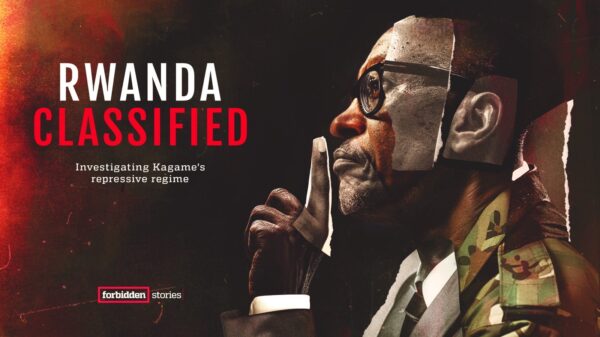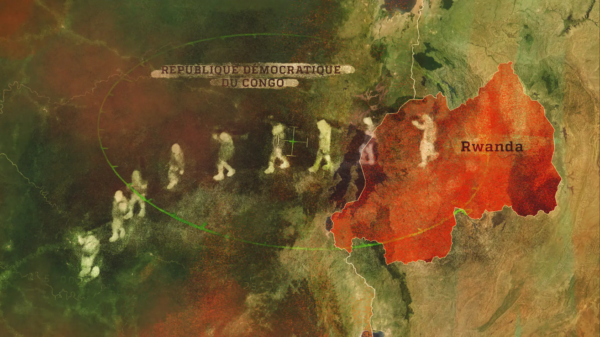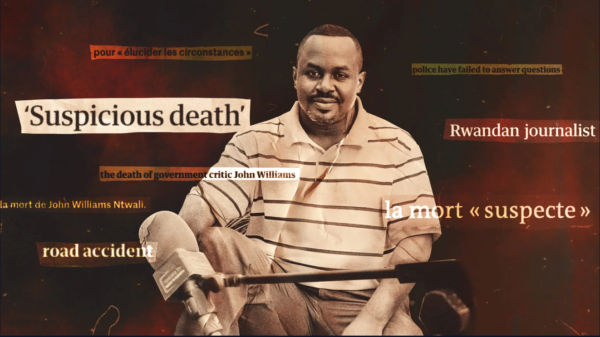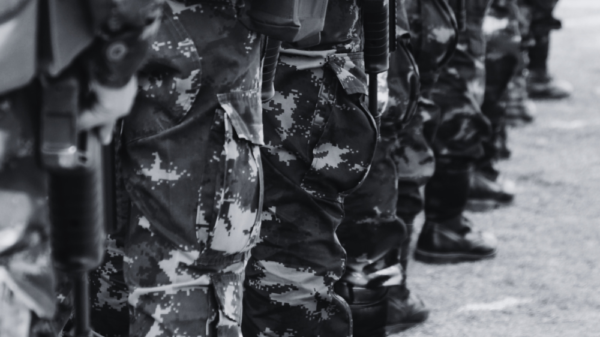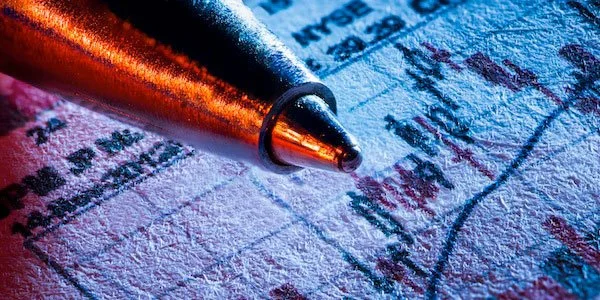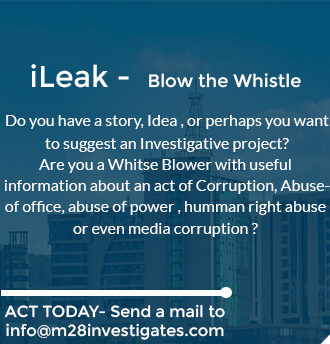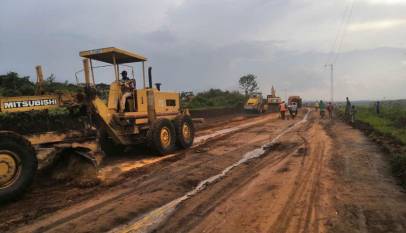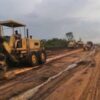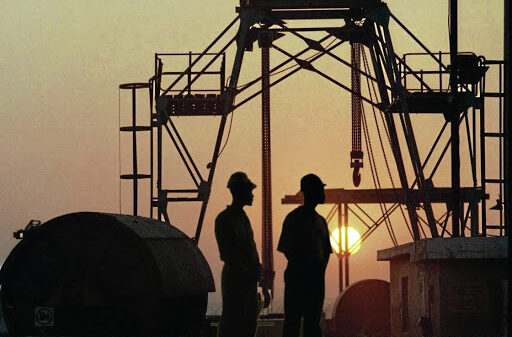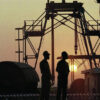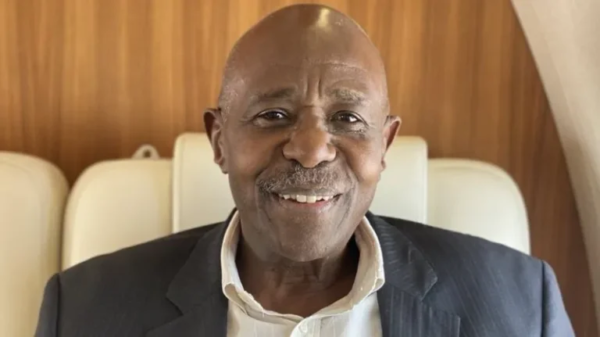Julian Assange once described investigative journalism as the noble art of seizing reality back from the powerful. The founder of Wikileaks, a site that has exposed the crimes of so many regimes, did not realise that he was himself a pawn in the games of the powerful when he was arrested in February 2020. Assange’s fate has been shared by dozens of other investigative journalists worldwide. Some have been forced to exercise self-censorship, while others have experienced the trials of imprisonment. Still others, like the Maltese journalist Daphne Caruana Galizia, have died under deeply suspicious circumstances. There are already dozens of handbooks and hundreds of studies on investigative journalism. The reader might reasonably ask what value this handbook adds. We asked ourselves the same question many times while putting it together. We believe that its value comes from the fact that it is aimed, fundamentally, at Arab journalists.
Arab journalists operate in an entirely different environment from their counterparts elsewhere. They face not only censorship from state and society, but also the impossibility of obtaining even basic open source information. The need to present models that speak to all the contradictory aspects of the Arab experience was at the forefront of our minds throughout the writing process. We do not want to separate investigative journalism from its essential task of holding the powerful to account. Nor do we want to lose its spirit in pernickety detail. But this handbook is less about the theory of investigative journalism and more an introduction intended to help you develop the conscious and considered tools and skills required by this very particular kind of journalism. In this handbook we are not looking to reduce investigative journalism to a set of strict pedagogical rules. We hope to equip journalists with the skills to do research, to think critically, to fact-check and to make good use of their common sense. By doing so, we hope to contribute – even if only a little – to the process of “seizing reality back” from the powerful.
What is investigative journalism?
The various reference works and guidebooks available to investigative journalists differ on how their task should be defined. But they do agree on certain fundamental elements:
First, investigative journalism should uncover new facts about a single particular issue or problem. An investigation should be original and should break new ground for the audience. It should go beyond mere fact-checking and provide “clear, direct and irrefutable evidence with no trace of ambiguity”.
Second, it should aim to serve the public interest, which is “often differentiated from ‘national interest’. [The] latter term is sometimes used by governments to justify illegal, dangerous or unethical acts or to discourage journalists from reporting on a significant problem.”
In journalism, the public interest means uncovering information about issues important to a significant part of the public, in order to protect their lives, health, property and rights, to secure justice and defend the rule of law. This information must be impartial, and the public should be able to rely on it when making decisions.
Third, the revelations of an investigation should be the product of in-depth, systematic research and careful documentation meeting professional and ethical standards. Fourth, journalists or their teams should be the ones responsible for uncovering the information and carrying out the investigation. Investigative journalists are researchers, fact-checkers and analysts. They plan and carry out the investigation.
They should also play a central role in the writing and editing process and in making difficult editorial decisions. We can thus define investigative journalism as uncovering facts about specific new issues and problems, after systematic in-depth investigation and careful documentation by the journalist themselves or by their team, in order to serve the public interest by bringing to light systematic or institutional failings in the various fields of life.
Investigative journalists do not report on accusations. They do not say that “it is alleged that Mugabo stole one hundred dollars”. They go away and investigate for weeks or months or even a year before coming back with the facts, documents and evidence they need to be able to say, unequivocally, that Mugabo stole the money, how he did it, and why. In investigative journalism there should be no ambiguity or possibility of error or misinterpretation. If there is still doubt around the facts that they have gathered together, then a journalist has not gone deep enough. The investigation is not ready to publish.
It is true that a journalist’s job is to hunt down the facts. But facts alone do not make an investigation. Events, characters, times and places need to be carefully tied together. For facts to be meaningful, they need to be put in their proper context so that the public can assess them on their merits and then make a difference
Investigative journalism is often misunderstood. Some are keen to describe any revelation of the murky or unknown or any decent piece of journalism – especially journalism that uncovers corruption – as investigative journalism. As a result, it is worth pointing out that the following do not constitute investigative journalism:
• Investigative journalism is not collation of what has already been published. It is not simply rewriting reports issued by civil society organizations, government bodies or research centers.
• Investigative journalism is not simply specialized journalism. Not every piece that discusses a specific issue whether economic, political or social counts as investigative journalism
• Investigative journalism is not a matter of length. Just because an article runs to 1,500 words or a film is longer than half an hour does not make it investigative journalism. Investigation is not about quantity but quality and originality.
• Not every piece relying on secret cameras or disguises is investigative journalism. These methods can, under the right conditions, be used in investigative journalism but they are means and not end, as we will see later.
• Not every piece drawing on leaked documents is investigative journalism. Investigative journalism is not simply an outlet for sources that can provide it with a scoop. Nor is it a vehicle that different parties can use to get their message across or undermine one another. For a journalist, a leaked document is the first clue in an in-depth investigation that will involve careful documentation of facts, marshalling primary sources and confronting those responsible – as well as verifying the documents’ authenticity and establishing the motive for the leak
• This is why John Ullmann, the former director of the World Journalism Institute, says that the Pentagon Papers (published by the NYT) did not constitute investigative journalism, while the Watergate investigation – which involved a lot of work on the part of journalists – did. The journalist Yosri Fouda likewise says that he is “not that proud” of his Warning Bells films, which deal with the events of September 11 , because “I could have turned down Al Qaeda’s invitation, or they could have found another journalist”.
• Investigative journalism is not scandal journalism. Not everything that people want to hide is worth following up. Nor are scoops or exclusives necessarily investigative journalism. Knowing that a former official drinks alcohol in the privacy of his own home is not in the public interest so long as it has had no effect on his work. Knowing that the same official used public money to bankroll this habit, however, is
• Investigative journalism is not opposition journalism. Although criticizing the conduct and mistakes of the authorities by uncovering facts is a distinctive part of investigative journalism, this is not the same as being the mouthpiece of opposition parties. Not every piece that opposes or is critical of the government is investigative journalism.

